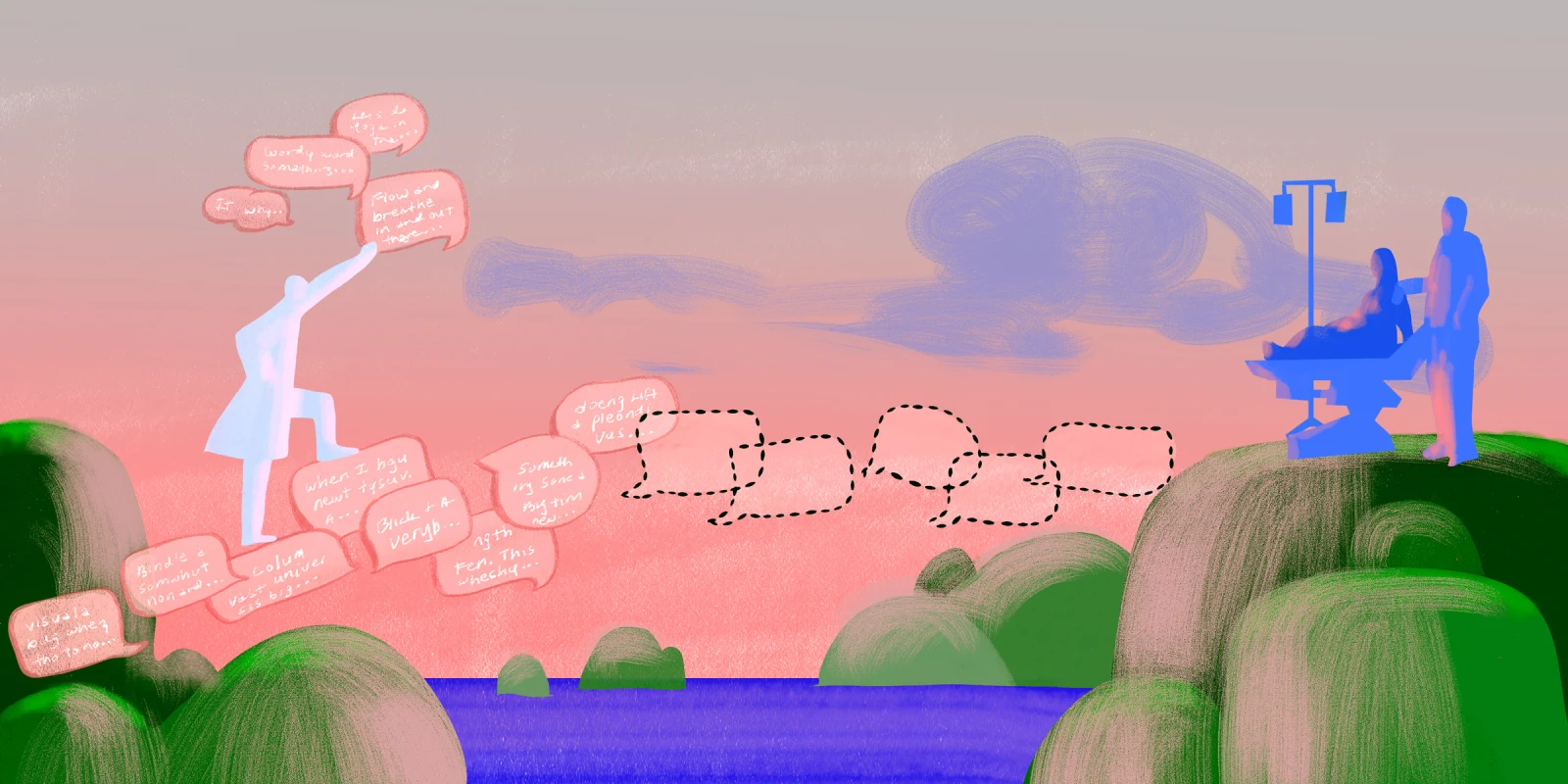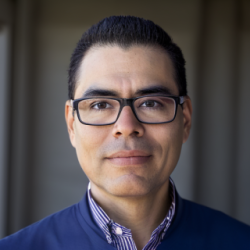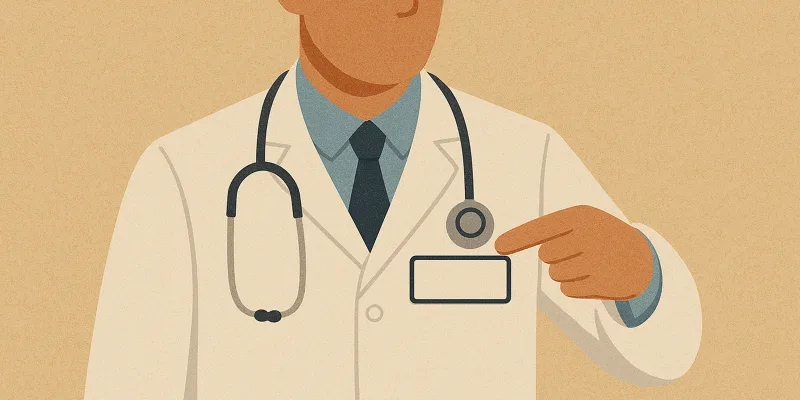Editor’s Note: This article by a Doximity Digital Health Fellow covers a new offering, Doximity GPT.
As the sun set below the horizon, it cast an amber hue across the room where I stood beside my patient. It was his last day in the hospital, and he anxiously awaited his discharge instructions. However, a language barrier threatened to disrupt our connection.
Then I remembered Doximity GPT and quickly navigated to it on my tablet. With a simple request, Doximity GPT translated the discharge summary into Tagalog, my patient’s native language, ensuring all medical terminology was accurately conveyed. After my on-site translator reviewed the information, I handed the tablet to my patient. Immediately, I was greeted with a nod of understanding, and a wave of relief washed over his face.
In health care, information is crucial. A doctor's advice, a prescription label, or a post-operative care sheet can guide patients through their health journey. However, not all patients speak the same language as their physicians, nor do they have the same educational background.
Doximity GPT helps me translate complex medical concepts into simpler terms and provides translations in over 95 languages. For example, instead of using terms like "laparoscopic" or "endoscopic," it helps me describe them as "a surgery where small incisions are made and special tools are used." This clarity helps my patients understand their health information and take an active role in their medical journey. When patients grasp their diagnosis, medication purpose, or lifestyle recommendations, they become more engaged in their health care, benefiting the entire system.
Doximity GPT also helps me break down barriers between my colleagues. Smoothing a handoff between specialists can be as simple as recrafting consult notes to match the style and language of the receiving doctor. Imagine an orthopaedic surgeon who speaks in shorthand and colloquial terms – "Ortho Bro" language, if you will. Doximity GPT can help me translate a detailed cardiology consult note into something that feels familiar and accessible to the orthopaedic surgeon. For instance, it can take a note that describes "left anterior descending artery stenosis" and rephrase it into "blockage in the main artery of the heart."
This kind of adaptability extends beyond just language translation; it also involves adjusting the tone and complexity of medical notes to suit the recipient's specialty, ensuring that communication is smooth and effective.
As I reflected on my interaction with the patient that evening, the profound value of tools like Doximity GPT became clear. Each new technology brings us closer to an ideal health care landscape — one where every tone resonates and every language finds understanding. With its remarkable linguistic capabilities, Doximity GPT helps the medical community move toward this ideal.
Doximity GPT is a free, HIPAA-compliant AI assistant available exclusively in the Doximity app and on your computer at doximity.com/gpt. The next time you need help with chart notes, drafting appeals, or creating/translating patient education materials, simply prompt Doximity GPT with your request and start lightening your workload with AI. Try it out with a sample prompt here.
Dr. Miguel Villagra-Diaz is an internal medicine physician in Reno, Nevada. His professional interests include telehealth, artificial intelligence in healthcare, life and positive intelligence coaching for physicians and small teams. He enjoys reading, hiking, and biking. Dr. Villagra is a Doximity Digital Health Fellow and advisor of healthcare startups. All names and identifying information have been modified to protect patient privacy.
Illustration by Jennifer Bogartz







